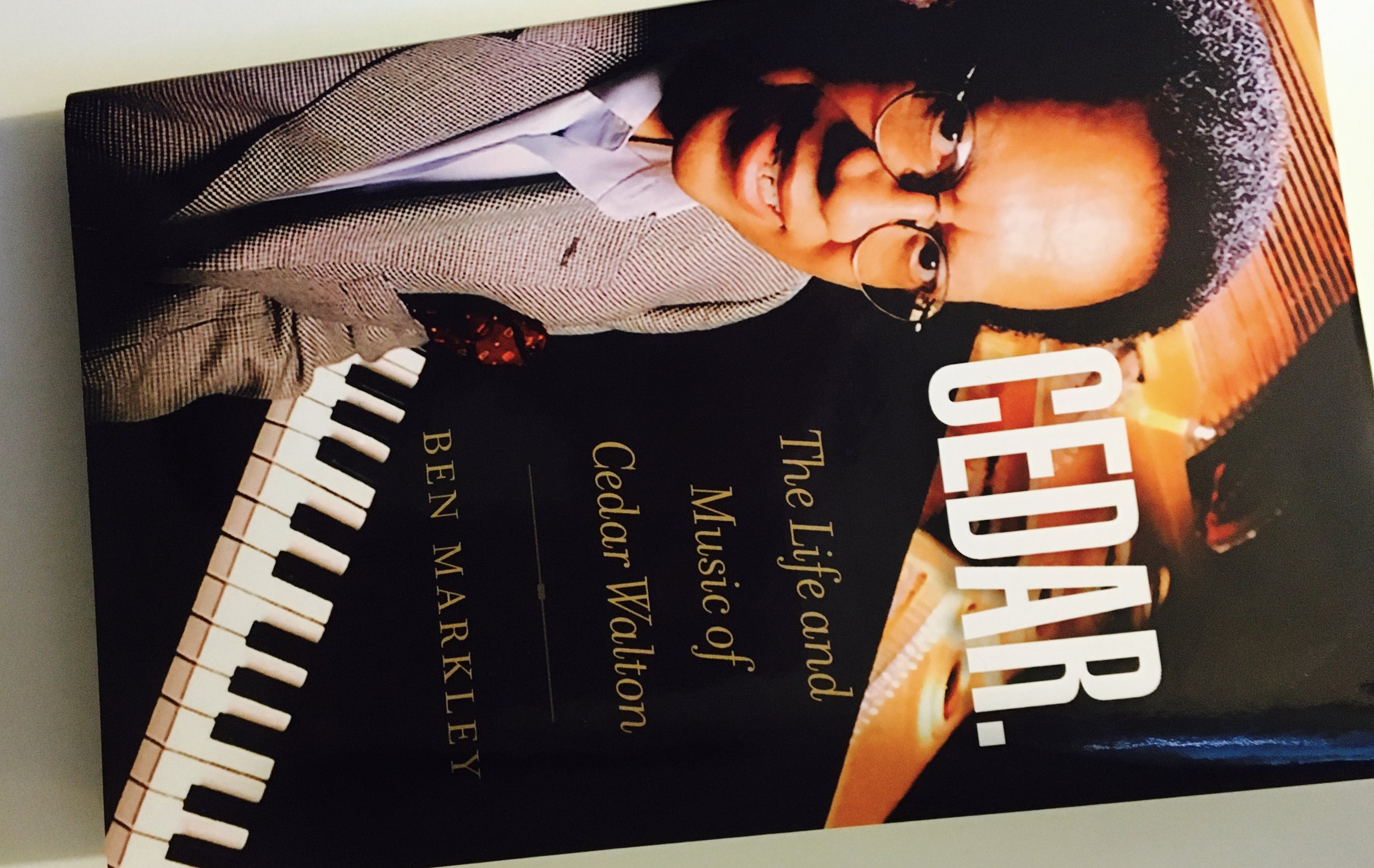Original image by There Stands the Glass.
I was initially perplexed upon receiving an unsolicited copy of Cedar: The Life and Music of Cedar Walton in the mail. I wondered if Ben Markley’s book about the pianist was necessary. My skepticism quickly evaporated.
Skimming the discography at the back of the book reminded me that Walton was a member of the most acclaimed version of Art Blakey’s Jazz Messengers. And I’d forgotten that Walton was John Coltrane’s first choice as pianist for the Giant Steps sessions.
Cedar contains commentary from dozens of musicians, promoters, venue operators and family members. The accumulation of adulatory anecdotes is a deserved hagiography. My impression of Walton as an exquisitely elegant but decidedly staid musician changed when I began listening to recordings I’d previously neglected.
Hearing Walton on the title track of Kenny Burrell’s Sunup to Sundown was the turning point. What I previously heard as humdrum swing is actually subtly graceful art. And discovering impeccable Walton recordings including the first Eastern Rebellion album has rekindled my interest in straight-ahead jazz.
Aside from several jarring typos, Markley’s work is a persuasive argument for Walton’s art. The study includes many references to Walton’s low visibility and lack of critical recognition. Prior to reading Cedar, I was among the oblivious jazz fans who discounted Walton. Thanks to Markley, I’ve been redeemed.

